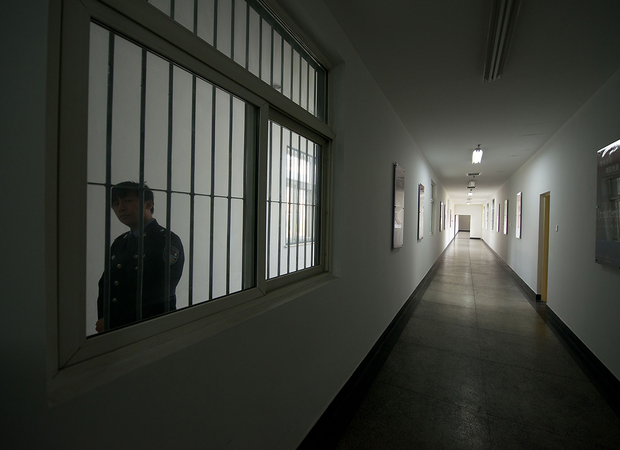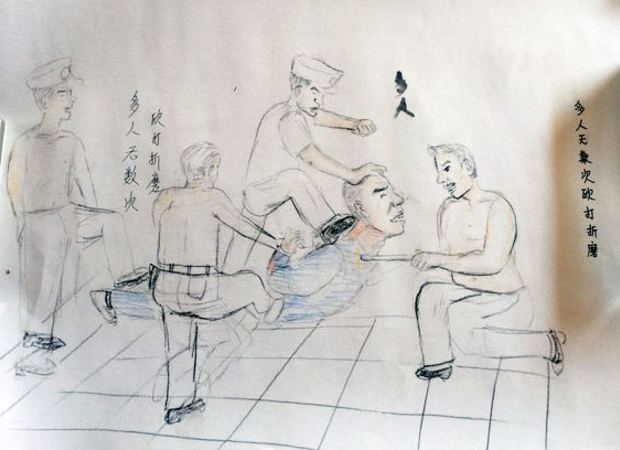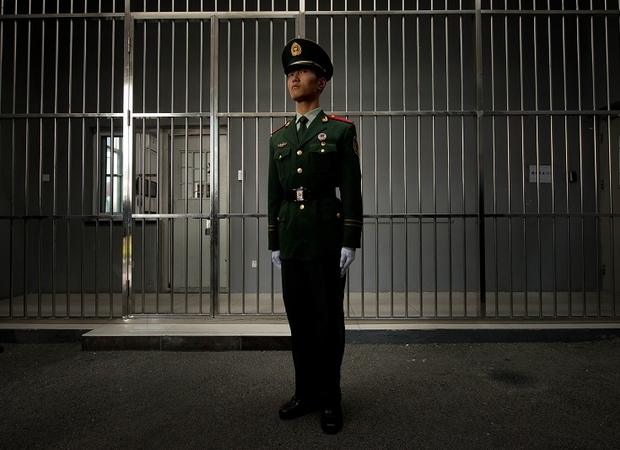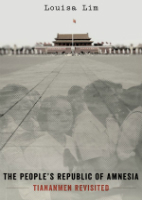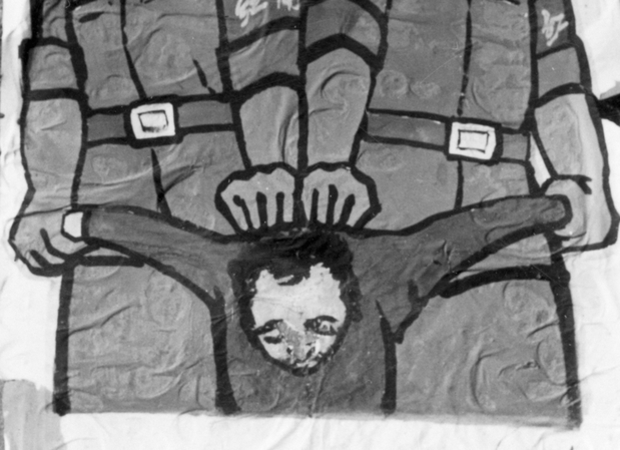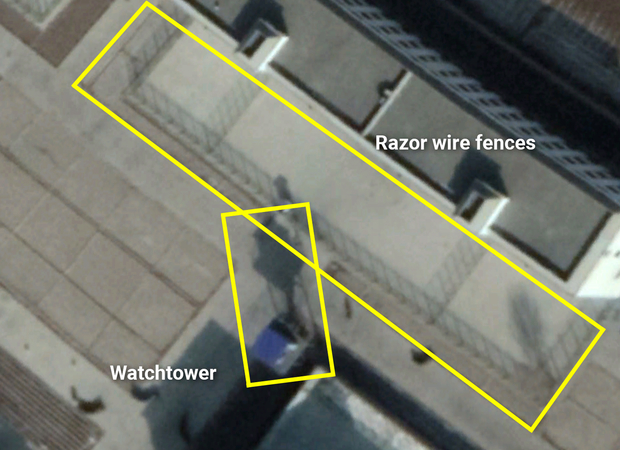
What Satellite Images Can Show Us about ‘Re-education’ Camps in Xinjiang
Claims that “re-education” camps are merely vocational training centers seem even less credible after one looks at the work of Shawn Zhang. A law student focusing on jurisprudence at the University of British Columbia in Canada, in May Zhang...




